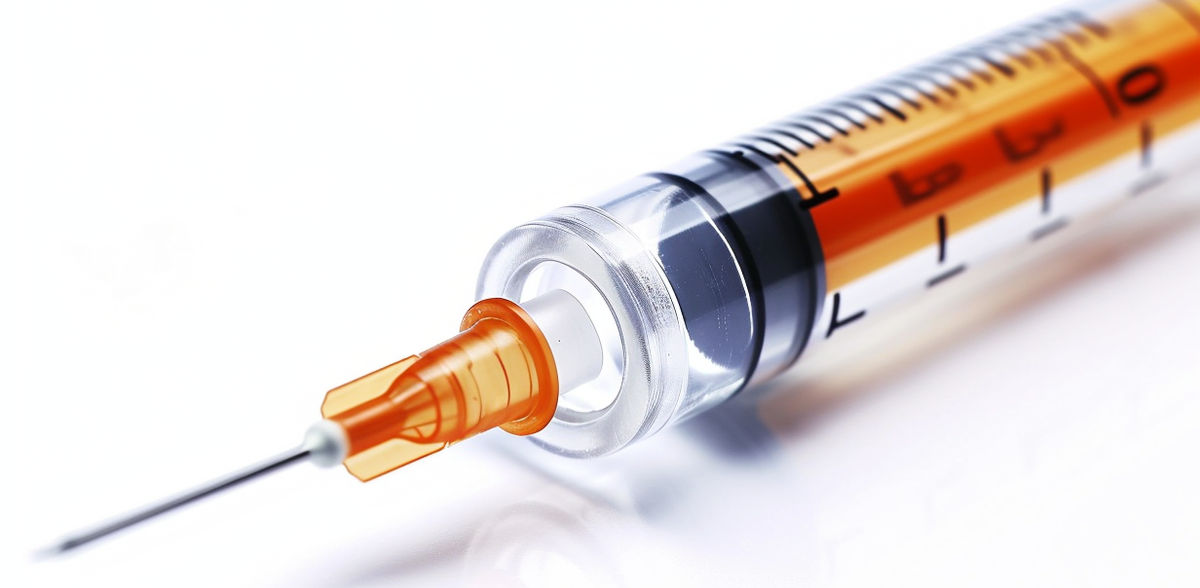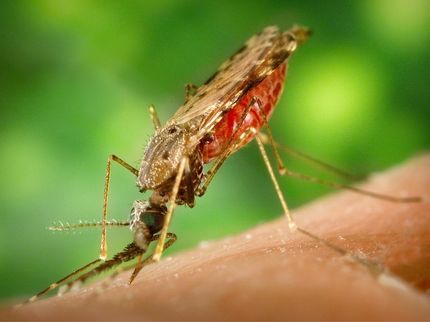try coziness: Very slow malaria pathogens could be suitable as a vaccine
Advertisement
Scientists from the Heidelberg Medical Faculty at Heidelberg University, the Center for Infectious Diseases at Heidelberg University Hospital and the German Center for Infection Research have successfully tested a new approach for a malaria vaccine in animal experiments: As a vaccine, they used genetically modified malaria parasites that developed normally in the mosquito but at a significantly slower rate in the mouse. When later infected with unmodified pathogens, the rodents were protected from severe illnesses and typical malaria symptoms did not occur.
Vaccines against the tropical infectious disease malaria are the subject of intensive research worldwide. However, there is currently no vaccine that is sufficiently reliable and affordable. Scientists from the Heidelberg Medical Faculty at Heidelberg University, the Center for infectiology at Heidelberg University Hospital (UKHD) and the German Center for Infection Research (DZIF) have developed a new approach and have already successfully tested it in animal experiments. They used genetically modified malaria parasites, which multiplied so slowly in mice after transmission by mosquitoes that the animals' immune system was able to fight them successfully. An immune memory was formed that protected the vaccinated animals to varying degrees from severe symptoms during subsequent malaria infections. The findings could support the development of reliable vaccines in the future.
Dr. Julia Sattler, the first author of the now published paper, was looking for a way to prepare the immune system for an infection with plasmodia in the best possible way. "The pathogen develops from the so-called sporozoites, which are transmitted through the mosquito bite, via the multiplication stages in the liver to those in the blood, which cause the severe symptoms. Therefore, a complete "harmless" infection should work best, better than, for example, individual protein pieces of the pathogens," she says.
Slow development activates the immune system sustainably
Research in a gene database helped in the search for a "harmless" Plasmodium parasite: half of the parasite's approximately 5,000 genes have already been decoded and described to a certain extent. It is known which of these genes could influence the speed at which the parasite develops in the blood. The team succeeded in cultivating 17 lines of the rodent parasite Plasmodium berghei, in each of which one of these developmental genes was switched off. Some of these lines actually developed significantly slower, but largely normally in the mosquito and the liver of infected mice. Two lines were successfully combated by the mice's immune system. "These two main candidates for a vaccine were also the slowest lines. They took around three to four times as long to develop and multiply as unmodified plasmodia," says Dr. Sattler. The slowest line achieved the safest vaccination effect: in subsequent infections with unmodified pathogens after three, six and twelve months, none of the vaccinated animals died; they were either completely protected against malaria or developed only mild symptoms that healed on their own.
Challenging transmission to humans
The team led by Professor Friedrich Frischknecht, research group leader at the Center for Infectious Diseases at the UKHD and scientist in the DZIF Research Unit "Malaria and Neglected Tropical Diseases", is currently researching the transfer of the method to humans. The researchers have already produced two lines of the human malaria pathogen, Plasmodium falciparum, with a slower growth rate. However, Plasmodium falciparum does not reproduce in mice. "Although we can produce the genetically modified parasites, they do not go through their complete development cycle in the laboratory. This makes it difficult to filter out the most suitable variants. So far, we have been using blood and cell cultures, but this is hardly comparable with the situation in living organisms," says Prof. Frischknecht. "We think our approach is promising, but there is still a long way to go before we can test it on humans. Nevertheless, it is already providing us with valuable information for the development of reliable vaccines."
Reliable vaccine urgently needed
Around 250 million people contract malaria every year, around 95 percent of them in Africa. More than 600,000 die from it every year, mainly children under the age of five. The pathogens are transmitted by mosquitoes and initially infect liver cells in the body. There they develop into an aggressive form that invades red blood cells, where it multiplies en masse and destroys the blood cells. This causes the often life-threatening symptoms of malaria: recurrent fever attacks, anemia, vascular occlusion and even organ failure and coma. Sooner or later, the pathogens develop resistance to medication. A vaccination would be better. But current vaccination approaches using fragments of certain pathogen proteins or degenerated complete parasites either offer only unsatisfactory protection against severe courses of the disease or are too expensive.
Note: This article has been translated using a computer system without human intervention. LUMITOS offers these automatic translations to present a wider range of current news. Since this article has been translated with automatic translation, it is possible that it contains errors in vocabulary, syntax or grammar. The original article in German can be found here.
Original publication
Julia M Sattler, Lukas Keiber, Aiman Abdelrahim, Xinyu Zheng, Martin Jäcklin, Luisa Zechel, Catherine A Moreau, Smilla Steinbrück, Manuel Fischer, Chris J Janse, Angelika Hoffmann, Franziska Hentzschel, Friedrich Frischknecht; "Experimental vaccination by single dose sporozoite injection of blood-stage attenuated malaria parasites"; EMBO Molecular Medicine, 2024-8-5

















































